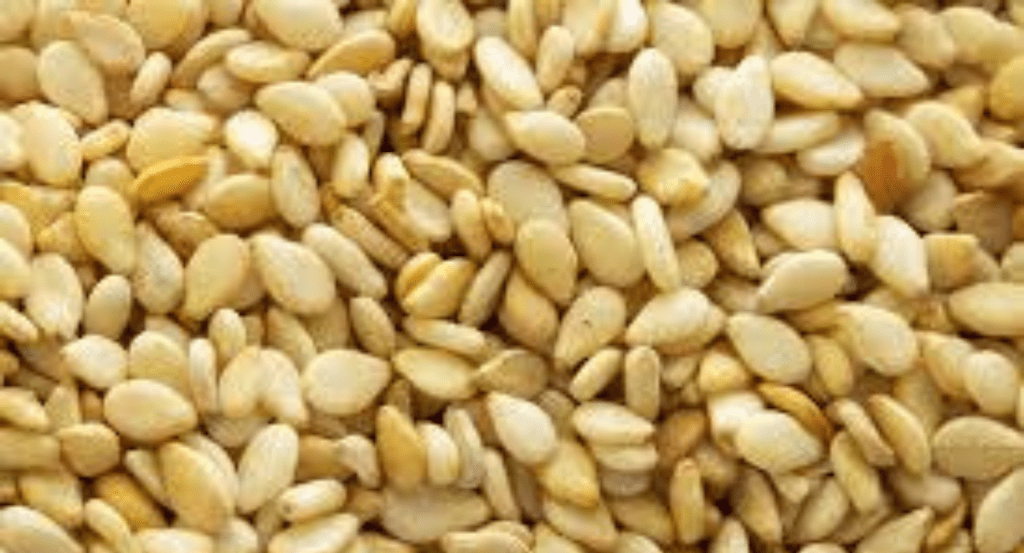Mali has announced its intention to become West Africa’s leading exporter of sesame seeds, a move aimed at enhancing the country’s agricultural output and economic stability. The announcement was made by the Minister of Agriculture during a press conference in Bamako, highlighting the potential for growth in the sesame sector.
Investment in Sesame Production
The Malian government plans to increase investments in sesame cultivation, targeting a significant rise in production levels over the coming years. The initiative is part of a broader strategy to diversify agricultural exports and reduce dependence on traditional cash crops. The Minister stated that boosting sesame production could create job opportunities and improve the livelihoods of thousands of farmers across the country.
Mali currently ranks among the top producers of sesame in Africa, but the government aims to expand its market share significantly. By adopting modern agricultural practices and providing farmers with access to high-quality seeds, the government seeks to enhance productivity and improve the quality of sesame for export.
International Market Potential
Sesame seeds are in high demand globally, particularly in markets such as Asia and Europe, where they are valued for their nutritional benefits and culinary uses. The Minister highlighted that positioning Mali as a leading exporter could lead to increased foreign exchange earnings, bolstering the national economy.
To facilitate this goal, Mali is actively pursuing trade partnerships and collaborations with international buyers. The government plans to participate in trade fairs and exhibitions to showcase its sesame products and attract potential investors.
Support for Farmers
The government’s initiative will include training programs for local farmers, focusing on best practices in sesame cultivation, pest management, and post-harvest handling. These programs are designed to equip farmers with the skills necessary to increase yields and meet international quality standards.
Additionally, the government is working to improve infrastructure, including transportation and storage facilities, to ensure that farmers can efficiently bring their products to market.
Environmental Considerations
Mali is committed to implementing sustainable farming practices as it ramps up sesame production. The government will encourage environmentally friendly techniques to minimize the impact on land and water resources, ensuring that agricultural growth does not come at the expense of environmental degradation.
Future Outlook
With the ambition to lead in sesame exports, Mali is taking significant steps toward transforming its agricultural landscape. The government remains optimistic about achieving this goal and believes that increased sesame production will play a vital role in economic development and food security for the nation.
As Mali positions itself as a key player in the global sesame market, the government’s strategic initiatives could pave the way for a thriving agricultural sector in the years to come.























